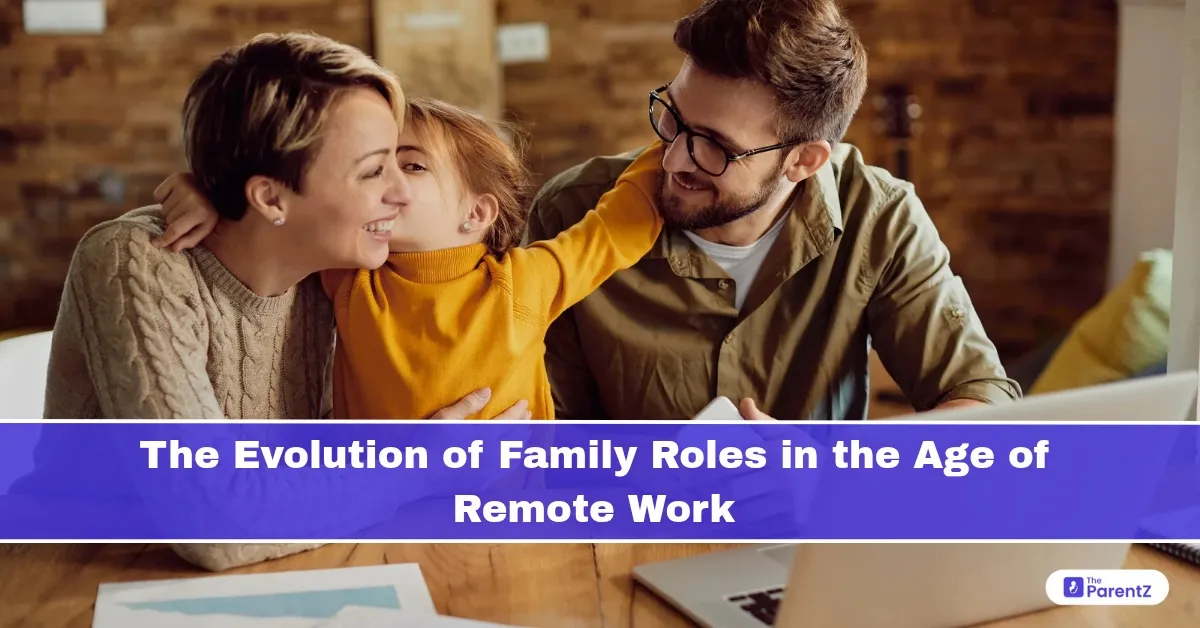Introduction
When remote work became the new normal, it did more than just shift office dynamics—it quietly transformed the way families function at home. Living rooms turned into workstations, boundaries blurred, and the traditional roles of who-does-what within families began to evolve in unexpected ways.
While this shift opened doors for flexibility and connection, it also brought new pressures, changed expectations, and forced families to renegotiate their daily rhythms. So, how exactly have family roles changed in the age of remote work?
Redefining the Work-Home Divide
Before remote work, home and job had clear, physical boundaries. Commutes separated parenting from professional life. Now, Zoom calls might happen during breakfast, and emails might get answered during nap time.
What This Means:
- Parents are always “on”—for both their employer and their kids.
- Children see their parents in work mode more often, which can be inspiring or confusing.
- Domestic roles are less compartmentalized—everyone does a bit of everything, everywhere.
Changing Gender Norms and Shared Responsibilities
Remote work has forced many families to re-examine traditional gender roles, especially when both partners are working from home.
Shifts We’re Seeing:
- More fathers involved in caregiving, schoolwork, and meals—not just after hours, but during the day.
- Mothers negotiating for more balance, not just more tasks.
- A rise in co-parenting as a more visible, moment-to-moment collaboration.
While this has led to more shared responsibilities in some households, in others it has exposed existing inequalities—like one partner’s job being seen as more “interruptible” than the other’s.
The Emotional Load Becomes More Visible
The mental juggling of parenting—doctor’s appointments, snack times, school emails—has always been there. But remote work made it more visible, especially when both parents are home.
Outcomes:
- Emotional labor is no longer invisible—it’s happening in real time.
- Kids notice stress more acutely, as parental frustration and fatigue are no longer tucked away in an office.
- Partners are now more likely to witness each other’s workload, leading to either greater empathy or increased tension.
Children as Observers (and Participants)
With parents constantly around, children get front-row seats to work meetings, task-switching, and stress management. This isn’t necessarily bad.
Possible Positives:
- Kids learn real-world problem-solving and communication.
- They gain a more nuanced understanding of work-life balance.
- Parents model adaptability and emotional regulation—whether they mean to or not.
But it also means that kids may start mirroring stress or feel confused about their own roles in the household dynamic.
Redrawing Boundaries and Building New Routines
The age of remote work has required families to get creative with structure. The 9-to-5 workday has collided with the 24/7 needs of a household, forcing a rewrite of what routines look like.
What Helps:
- Designated work zones: Even if it's a corner of a room, having boundaries matters.
- Shared calendars and check-ins: A simple conversation each morning about who’s doing what helps prevent resentment.
- Intentional unplugging: Without commute time to signal the end of the day, families need to actively “close the laptop” and reconnect.
Conclusion
Remote work has undeniably reshaped family roles—not always perfectly, but profoundly. It's allowed many families to spend more time together, share responsibilities more evenly, and become more emotionally in tune. At the same time, it's added new layers of complexity, stress, and negotiation.
As we continue adapting, the goal isn’t to return to old structures but to create new ones—ones that honor both professional ambition and emotional connection, where caregiving and career are not competing forces but coexisting parts of a fuller life.
Because in this new era of work, families aren’t just surviving—they're slowly learning to thrive, together.





Be the first one to comment on this story.